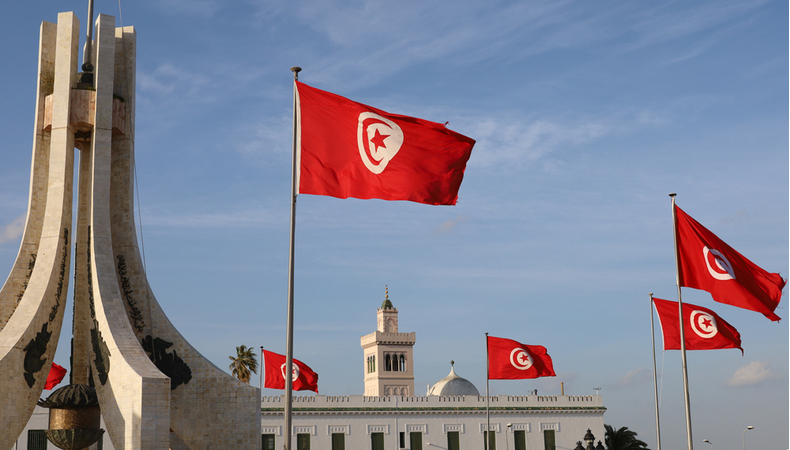Tunisia to get ‘new republic’ as fear of new dictatorship haunt the country


National Dialogue
President Saied had further noted that the committee will prepare for a “national dialogue”, but the participants will be only those who had supported the dissolving of parliament process on July 25, 2021, that was called as a ‘coup’ by many. Referring the opposing figures as “traitors and non – patriots”, Saied stressed that they won’t be a part of this national dialogue. This reference has been made to the Islamist Ennahda movement that had won 52 of 217 seats in the 2019 legislative elections.
Tunisia’s largest trade union, The Tunisian General Labor Union (UGTT) said in response on May 6 that the need is to hold clear, direct and broad dialogue sans any pre-set conditions. The statement thereby reiterated the UGTT’s “rejection of any useless and conditional formal dialogue that marginalizes the active national political and social forces.”
Related Posts
Pro-Saied
Tunisian Popular Current (Tayyar Chaabi) that is largely pro-Saied, said the need is to draft a new constitution that will guarantee to bring in freedom and rights to the people of Tunisia.
Anti-Saied
The opposition Aljoumhouri Party said in a statement that was published on its Facebook page on May 3, “Saied had completely abandoned his symbolic role in uniting and representing Tunisians. The party believes that Saied’s restrictions on participation will have dire consequences.”
Ghazi Chaouachi, Secretary-General of the Attayar Democratic Party, in a Facebook post on May 4 strongly warned against “organizations, associations, institutions, and figures that intend to contribute directly or indirectly to changing the constitution of the Tunisian state from inside the dark rooms.” He added that Saied’s plan “would change the state and push people to fight and sow chaos in the country.”
Furthermore, Ennahda stressed in its May 5 statement its “rejection of the estrangement in building a modern state,” and strongly warned against “dismantling state institutions and its dangerous repercussions on Tunisia’s political and societal stability”.
Human rights groups raise concerns
The head of the Tunisian Observatory for Human Rights, Mostafa Abdelkebir, underlined in a May 6 Facebook post that the constitution is drafted by institutions, and not by people as is happening in Tunisia currently. He added that the current “constitution was written historically with the blood of Tunisians.”











